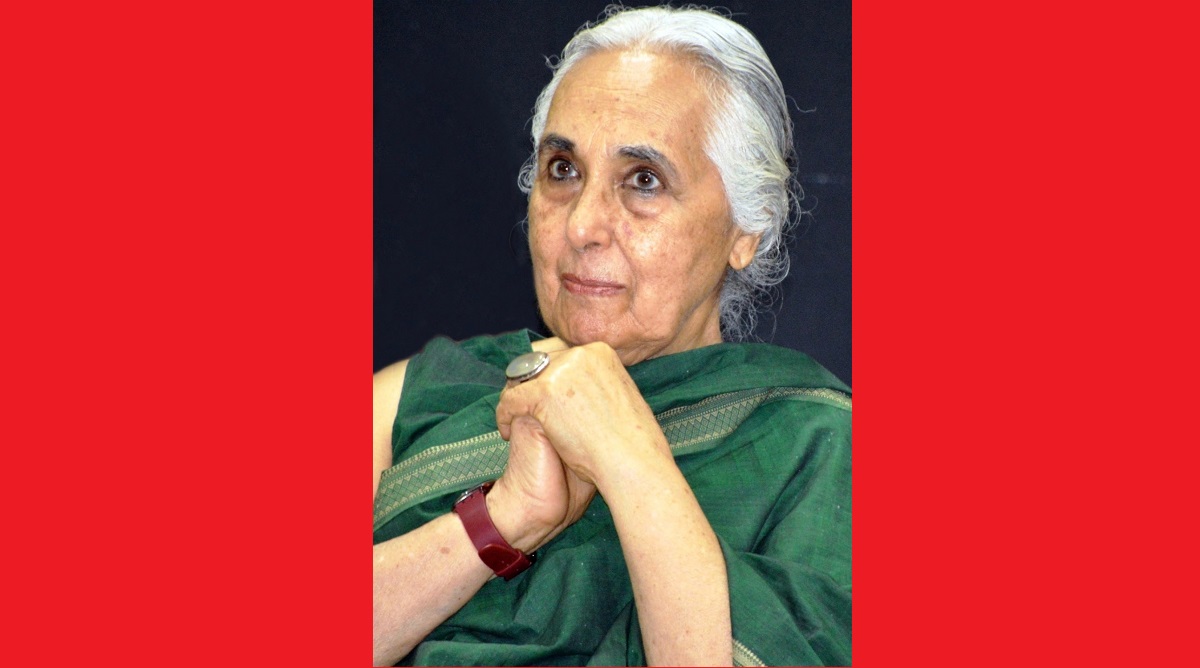The Supreme Court has dismissed a plea by historian Romila Thapar seeking recall of its judgment by which it had refused to interfere in the arrest of five rights activists accused of having links with outlawed CPI (Maoists).
The top court had also declined to set up an SIT, allowing the Pune police to go ahead with its probe in the Bhima-Koregaon case.
Rejecting the review plea, a Bench of Chief Justice Ranjan Gogoi, Justice AK Khanwilkar and Justice DY Chandrachud on Friday said, “In our opinion, no case for a review of judgment is made out. The review petitions are accordingly dismissed.”
The bench, considering the review plea in their chamber, also declined a prayer for an oral hearing of the review petition.
The top court by 2:1 majority judgment on September 28 had said: “Upon perusal of the material (given by the investigating agency), we are of the opinion that it is not a case of arrest because of mere dissenting views expressed or difference in the political ideology of the named accused, but concerning their link with the members of banned organisation and its activities.”
The five activists — Sudha Bhardwaj, Varavara Rao, Gautam Navlakha, Vernon Gonsalves and Arun Ferreira — were arrested on August 28 from various cities on charges of having Maoist links.
Justice Chandrachud in his dissenting judgment had said, “The court has to be vigilant in the exercise of its jurisdiction under Article 32 of the Indian Constitution to ensure that liberty is not sacrificed at the altar of conjectures. Individuals who assert causes which may be unpopular to the echelons of power are yet entitled to the freedoms which are guaranteed by the Constitution.”











